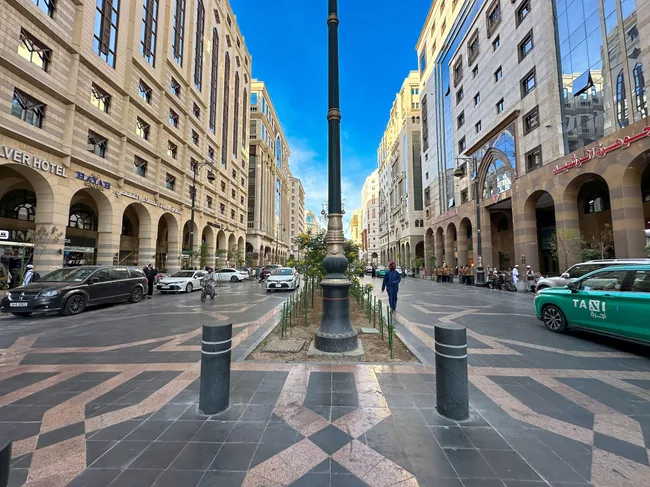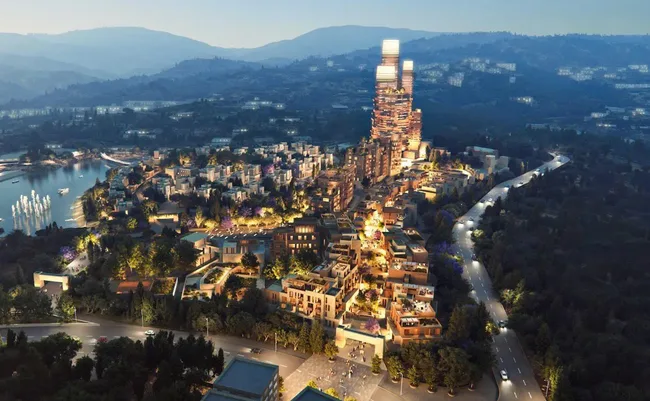A decision to reduce the minimum age at which nationals receive support to buy houses is likely to increase the number of homeowners in Saudi Arabia but could push up the price for smaller properties such as apartments, which are already in high demand, analysts say.
The amendment, which was approved by the cabinet on Tuesday, lowers the minimum support age from 25 to 20. It will extend government housing services such as Sakani to an additional 1.75 million people, offering subsidies to those looking to buy their first home.
“This step will contribute to enabling more families to benefit from diverse housing and financing options in line with the goals of the Housing Program,” housing minister Majed Al-Hogail posted on X.
As part of Vision 2030, the government is aiming to increase the homeownership of Saudi citizens to 70 percent by 2030. Last year, that figure rose to 65.4 percent, up from just 30 percent a decade ago.
Although the proportion of homeowners is increasing, the growth rate has slowed in recent years amid rising house prices, particularly in Riyadh, where apartment prices rose by 40 percent between 2020 and 2024.
“There is demand, but the challenge we’ve got is that we have seen a sort of slowdown in the rate of transactional activity largely stemming from the fact that house prices have accelerated so much in the last few years,” said Faisal Durrani, head of research at real estate consultancy Knight Frank Mena.
“Clearly incomes have not kept pace with that level of growth,” he said.
Demand from first-time buyers is cooling with rising house prices and as more prospective buyers get a foot on the property ladder.
Prices in Riyadh are growing faster than in the rest of the country, as more businesses relocate there and more young people move to the capital in search of work. In the last five years, around 250,000 young Saudis have relocated to Riyadh from Jeddah and elsewhere, putting more pressure on the types of properties favoured by single white collar workers.
“Young, unmarried Saudi people will be looking for smaller properties, studios, one-bedroom apartments and professionally managed buildings,” said Durrani, “and those are in extremely short supply.”
Knight Frank estimates that Saudi Arabia will need to build 115,000 homes a year to keep pace with demand, creating opportunities for investors. The most urgent need is for properties catering to single people, which this latest amendment could exacerbate.
“This move will obviously give further impetus to developers, but probably sharpen the focus around the need for smaller property to cater to demand from this,” said Durrani.







Leave a Reply